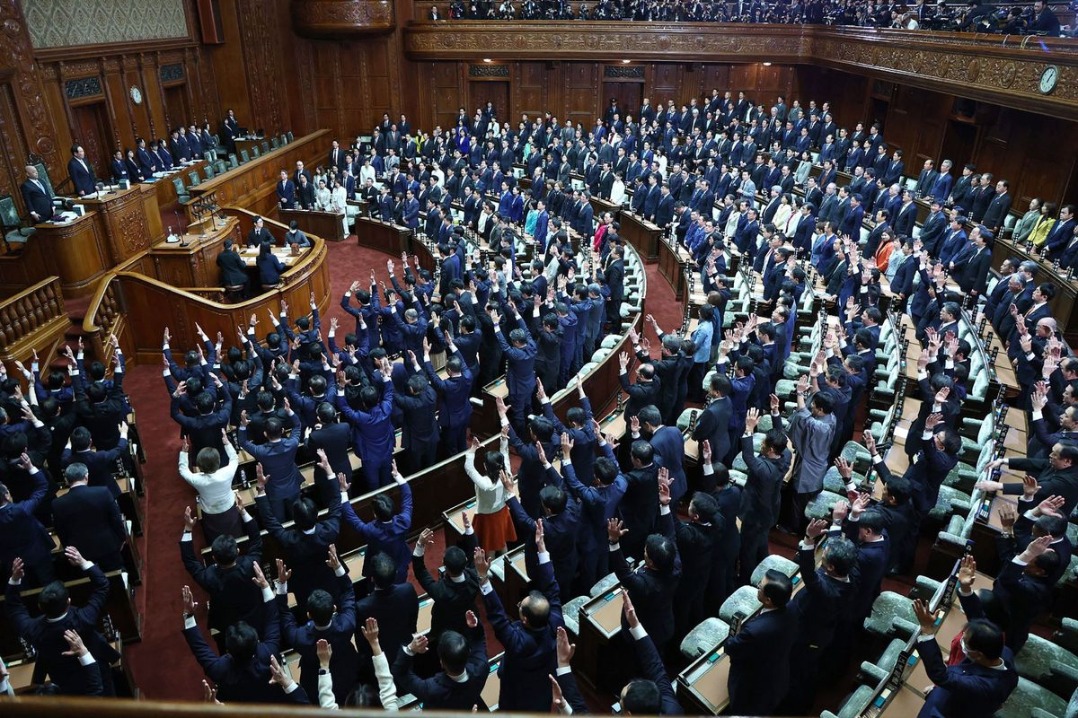EU moves to force tech giants to pay for third-party content

Europe’s copyright rules are about to be rewritten in a bid to ensure technology giants pay for the third-party creative content they use.
The European Union made the landmark decision on Wednesday to update rules that are two-decades old, in order to bring them into the digital age.
The revamp, at this stage a set of draft rules, is likely to be officially adopted, said Reuters. The changes mean publishers, artists, and broadcasters will see more compensation from online platforms that reuse their stories, videos, and music. But critics say startup companies will be burdened with additional costs associated with installing upload filters that prevent copyright violations.
Wednesday’s draft deal followed two years of lobbying efforts that pitted technology companies, including Google, Twitter, Facebook, Microsoft, Mozilla, and Wikipedia, against musicians, artists, news publishers, and other content creators.
A deal on an overhaul of the rules looked unlikely at one point because some EU nations feared changes might stifle freedom of expression and limit innovation but a compromise suggestion from France and Germany means smaller internet companies will be excluded from some of the new rules.
The EU’s commissioner for digital policy, Andrus Ansip, announced the agreement – involving EU member countries, the European Parliament, and the European Commission – after three consecutive days of closed-door talks in Strasbourg. He tweeted: “Europeans will finally have modern copyright rules fit for digital age with real benefits for everyone: guaranteed rights for users, fair remuneration for creators, clarity of rules for platforms.”
The Computer and Communications Industry Association, which is also known as the CCIA and which counts Google and Facebook among members, criticized the proposed rules, saying they will stifle free speech.
“We fear the law could harm online innovation, scaleups, and restrict online freedoms in Europe,” said Christian Borggreen, the CCIA’s vice-president.
The technology companies said Article 11, which will force companies including Google and Microsoft to pay journalists for news snippets, and Article 13, which will require online platforms, including YouTube and Instagram, to install filters that block users from uploading copyrighted materials, will restrict access to information. The CCIA also said it will be hard to comply with new rules requiring platforms to take down user-generated content deemed to be in breach of intellectual property law. Internet freedom campaigners feared the proposed rules would make it illegal to share memes, video clips, and parody content, but the final agreement says such materials can be shared freely, as long as they were not produced for commercial purposes.
The draft copyright rules were welcomed by the European Magazine Media Association, European Newspaper Publishers’ Association, European Publishers Council, and News Media Europe.
The organizations said in a joint statement: “If we want a future for professional journalism in the European Union, we must take action to support the press and to redress an unbalanced ecosystem.”
And the European Group of Societies of Authors and Composers said the draft rules send “a clear signal that large platforms dominating the online content market at the expense of creators must stop freeriding and comply with copyright rules”.
The European Parliament added: “The deal aims at enhancing rights holders’ chances, notably musicians, performers, and script authors, as well as news publishers, to negotiate better remuneration deals for the use of their works featured on internet platforms.”
The draft rules still need approval from the European Parliament, something the Wall Street Journal says is likely to happen in late March. Individual EU member countries will also need to approve the new rules before they become EU law. Member states will then have two years to put the new rules in place.
The overhaul follows Spain and Germany trying to force Google to pay publishers for news snippets. Google News responded to those attempts a few years ago by pulling out of Spain.
The Financial Times said Google is now warning its business model in Europe will be threatened by the draft rules.
































